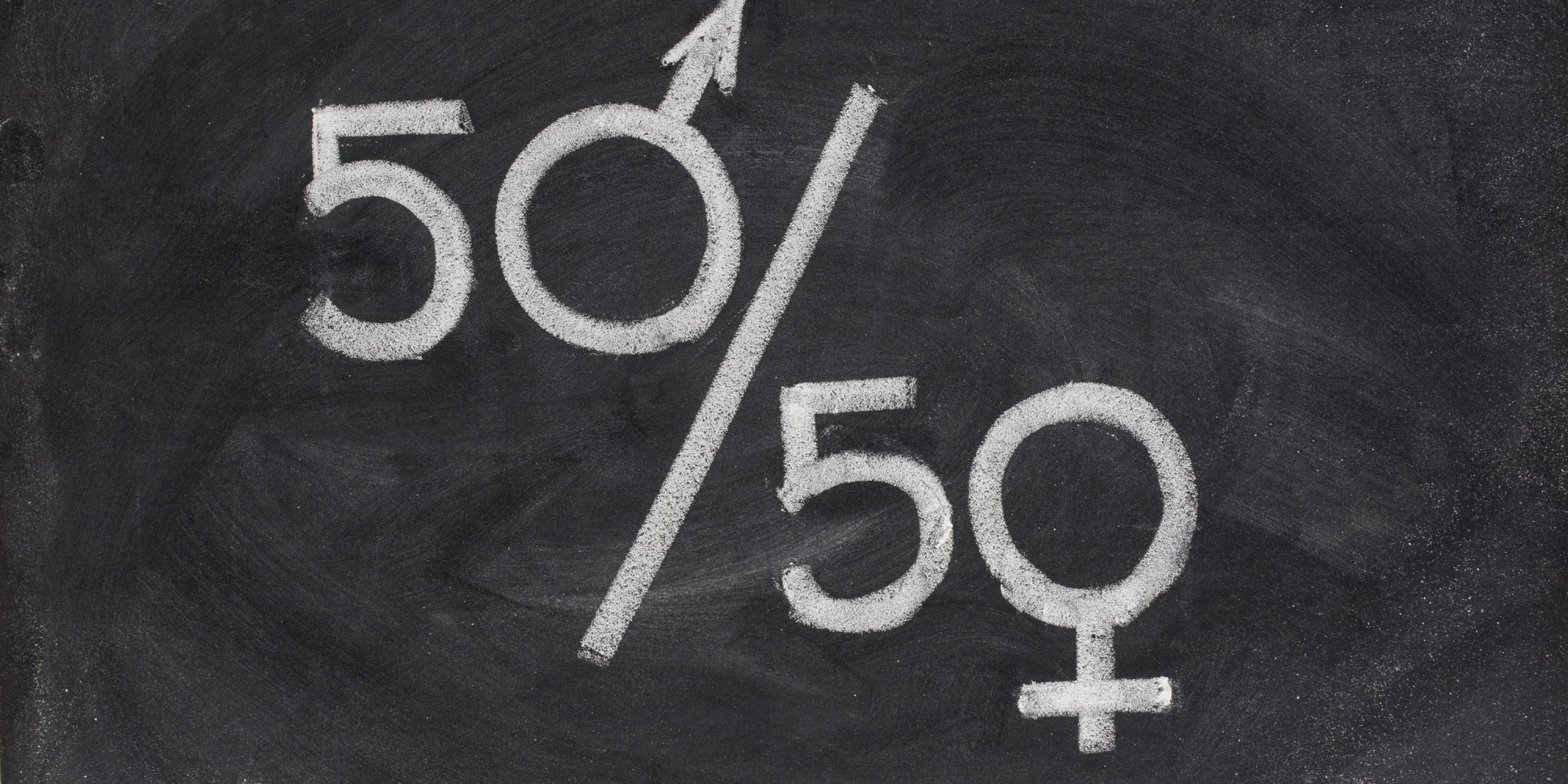Feminism
Feminism, which first emerged in the 1800s, has preexisted all of us but it is only recently that it morphed into an important part of popular culture. The Oxford dictionary defines this often blatantly misinterpreted noun as “Advocacy of women’s rights on the ground of the equality of sexes”. The meaning incites in you great reverence for individuals who in any way played a part in the progression of such an indispensable concept. Equality is inarguably everyone’s right; why should women be discriminated against? This article won’t be a factual account of this historical movement but a personal opinion on how the movement has deviated from its original goal to inevitably be labeled as unfair despise for the opposite gender and has earned its supporters the dreaded title of “Feminazis”.

The female population probably strived for equality prior to the 1800s but it was only after the term Feminism was coined that these scattered struggles acquired a specific direction. Since then, the lives of women have been drastically transformed. Many of the objectives they campaigned for have been achieved, with women now having equal opportunities in education and employment along with their right to vote and hold office. The feminism theory encouraged women to not let their physical weakness, in comparison to their male counterparts, hinder them from contributing to the development of the society: the women delivered. Not only did they excel in fields that were their forte, but also shone in categories believed predominantly to be for males.
Negatives and positives are two sides of the same coin. What was initially a wave of women empowerment became a source of embarrassment for the predecessors? Individuals, with warped views of what the movement was actually about, began advocating for trivial things. The movement took an unfathomable turn: it became mostly about the right to equal physical exposure. Though the modern supporters have generated a few meritable points, a majority of the women are indoctrinated by exploitative individuals to believe exposure is equivalent to liberation, taking the movement a step back, towards female objectification.
Men too had difficulty giving up their authoritative position in the society and only a few were secure enough to support the provision of opportunities for the supposedly weaker gender. Most failed to comprehend that feminism was not male-oriented discrimination, rather the stripping away of some of the privileges unfairly bestowed upon them, solely because of their gender. Daily catcalling remained a dilemma for outgoing women. Was it to unnecessarily assert male dominance? God knows. Naturally, this engendered hatred in the hearts of the valiant feminists, who began undermining the role of males in the society. Feminism became more about supremacy rather than equality and overruling rather than peaceful coexistence: the stability of the society itself was threatened. It turned into a “blame-game”, with each side not willing to compromise.
Any time a new concept is introduced, it is bound to generate confusions. With feminism, the question was, if the widely prevalent “Ladies first” rule, was still relevant. Women opted to conceal their vulnerability and tried putting on a facade of strength but felt conflicted when they were not subjected to the usual chivalry in the name of equality, from men who gave up on their civility to prove a point. The undeniable majority of the delicate females ultimately outshone the genuine independent ones, tarnishing the sole image most supporters were pushing for unrightfully.
One of the main positives of the recent transformation of the movement has been the incorporation of the demands of men’s rights into the agenda. The theory became as much about males as it was about females, thus diminishing the feeling of isolation in the male population and making it easier for them to support the movement. It was indeed a step in the right direction.
In my opinion, the persistence of feminism is vital for the thriving of a stable society, only, if the original objectives of the movement are brought back to the forefront. Instead of being subjected to an imposition of preconceived gender notions, both sexes should be given the liberty to opt for social roles they are comfortable with, so they can play them to the best of their abilities. The concept of vulnerability and emotional stability being exclusive to females and males respectively needs to be challenged. Equality and mutual respect is the key; chivalry should be reciprocated with courtesy. It has to be "give and take". All of us are the same; all of us desire to live a satisfactory life. Let us choose to not hinder each other’s growth. Let us make things easier for one another.